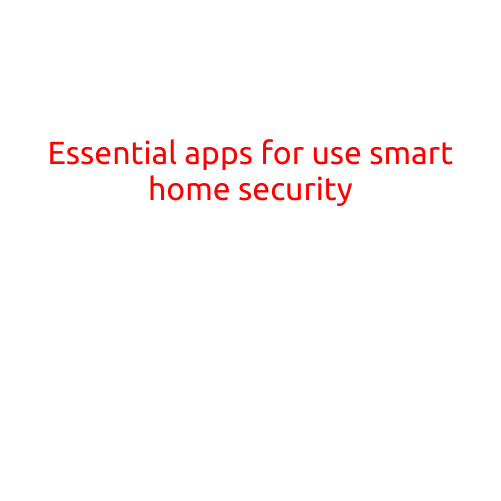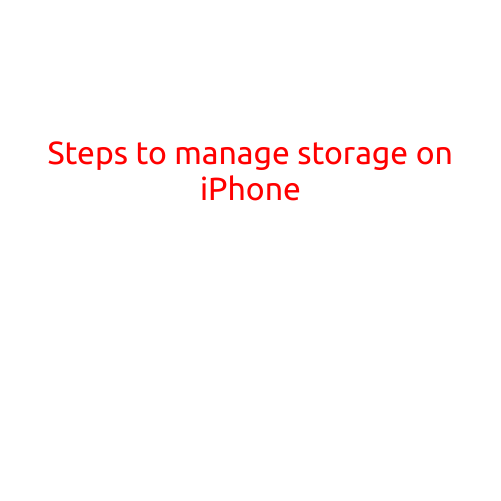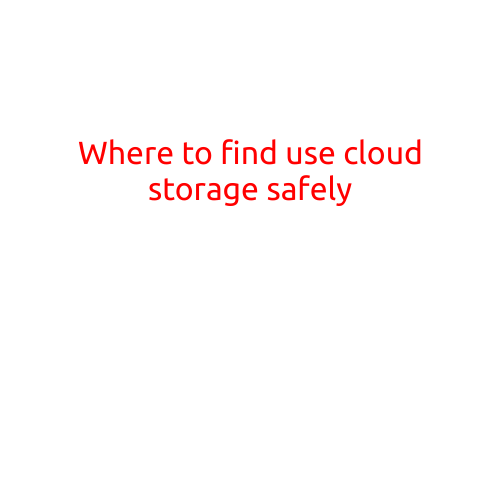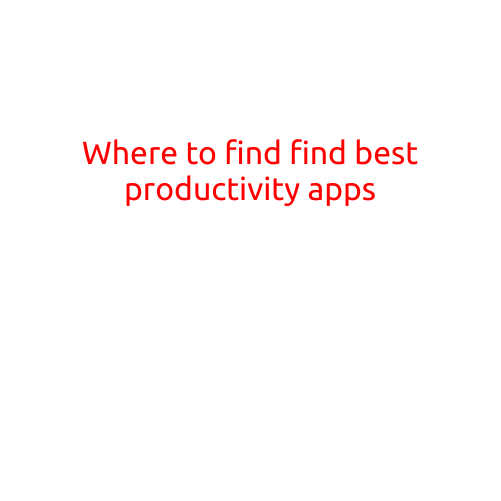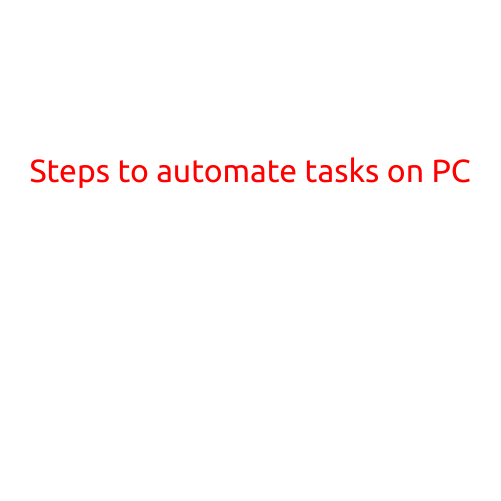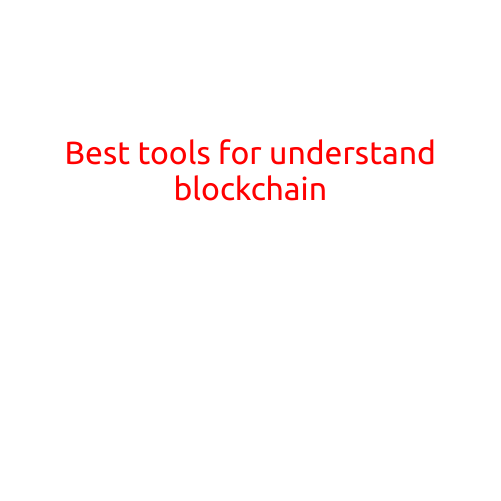
Best Tools for Understanding Blockchain
As blockchain technology continues to gain traction, understanding its fundamentals and intricacies becomes increasingly important for professionals and enthusiasts alike. From validating transactions to securing data, blockchain’s decentralized nature can be complex and overwhelming. To help simplify the process, we’ve compiled a list of the best tools for understanding blockchain.
1. Blockchain Explorers
Blockchain explorers are online tools that allow you to view and analyze blockchain data in real-time. Some popular options include:
- Blockchain.com Explorer: A simple and user-friendly explorer that provides detailed information on blockchain transactions, blocks, and addresses.
- Etherscan: A popular Ethereum blockchain explorer that offers advanced features like transaction filtering and data visualization.
- Bitcoin Block Explorer: A comprehensive Bitcoin explorer that provides detailed information on blockchain transactions, blocks, and addresses.
2. Blockchain Wallets
Blockchain wallets are software applications that enable you to store, send, and receive cryptocurrency. They often provide tools for understanding blockchain transactions and data. Some popular options include:
- MetaMask: A popular Ethereum wallet that offers a simple and intuitive interface for interacting with the Ethereum blockchain.
- MyEtherWallet: A user-friendly Ethereum wallet that provides a comprehensive overview of your Ethereum transactions and balances.
- Bitcoin Wallet: A lightweight and secure Bitcoin wallet that offers advanced features like transaction filtering and data export.
3. Blockchain Analyzers
Blockchain analyzers are software applications that provide detailed information on blockchain transactions, including such things as transaction fees, mined blocks, and network activity. Some popular options include:
- Blockchainalysis: A powerful tool for analyzing blockchain transactions and identifying potential issues like transaction malleability and replay attacks.
- Blockchair: A comprehensive tool for analyzing blockchain transactions, blocks, and addresses, as well as providing data on network activity and node distribution.
- Chainalysis: A leading provider of blockchain analytics solutions, offering tools for investigating and understanding cryptocurrency transactions.
4. Blockchain Simulators
Blockchain simulators are software applications that allow you to simulate blockchain transactions and network activity in a controlled environment. Some popular options include:
- Ganache: A popular Ethereum simulator that allows you to create and manage test networks, deploy smart contracts, and simulate transactions.
- Testnet: A comprehensive blockchain simulator that allows you to create and manage test networks, deploy smart contracts, and simulate transactions.
- Fabric Explorer: A blockchain simulator for Hyperledger Fabric that allows you to create and manage test networks, deploy smart contracts, and simulate transactions.
5. Online Courses and Tutorials
Online courses and tutorials are a great way to learn about blockchain and its underlying technology. Some popular options include:
- Coursera: A leading online learning platform that offers a range of blockchain-related courses, including “Blockchain I” and “Blockchain II”.
- edX: A popular online learning platform that offers a range of blockchain-related courses, including “Blockchain Fundamentals” and “Blockchain Development”.
- Udemy: A leading online learning platform that offers a range of blockchain-related courses, including “Blockchain Essentials” and “Blockchain Development”.
In conclusion, understanding blockchain requires a combination of theoretical knowledge and hands-on experience. The tools listed above can help you gain a deeper understanding of blockchain technology and its applications. Whether you’re a professional or an enthusiast, these tools can provide valuable insights and assistance in navigating the complex world of blockchain.
